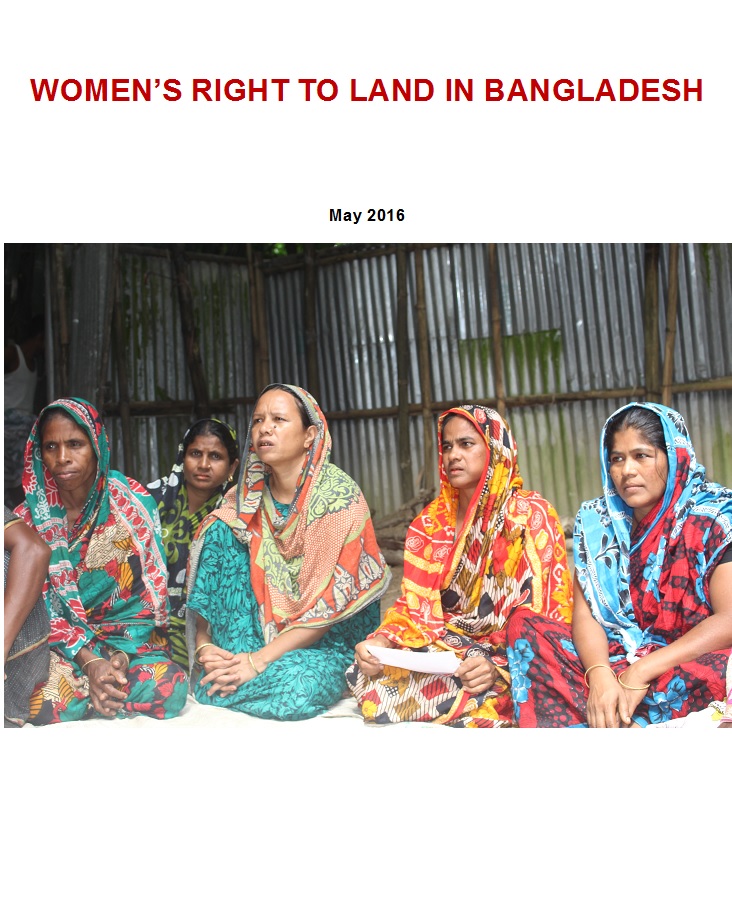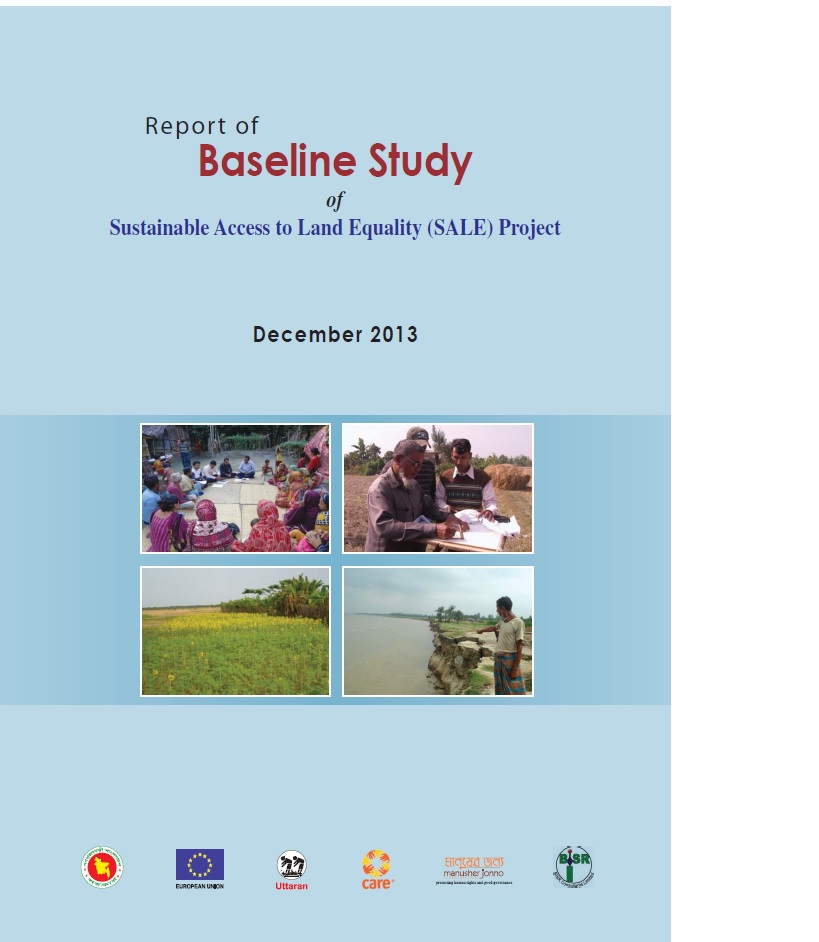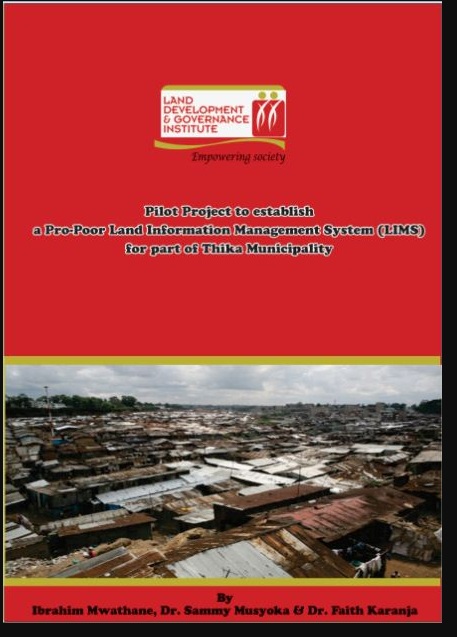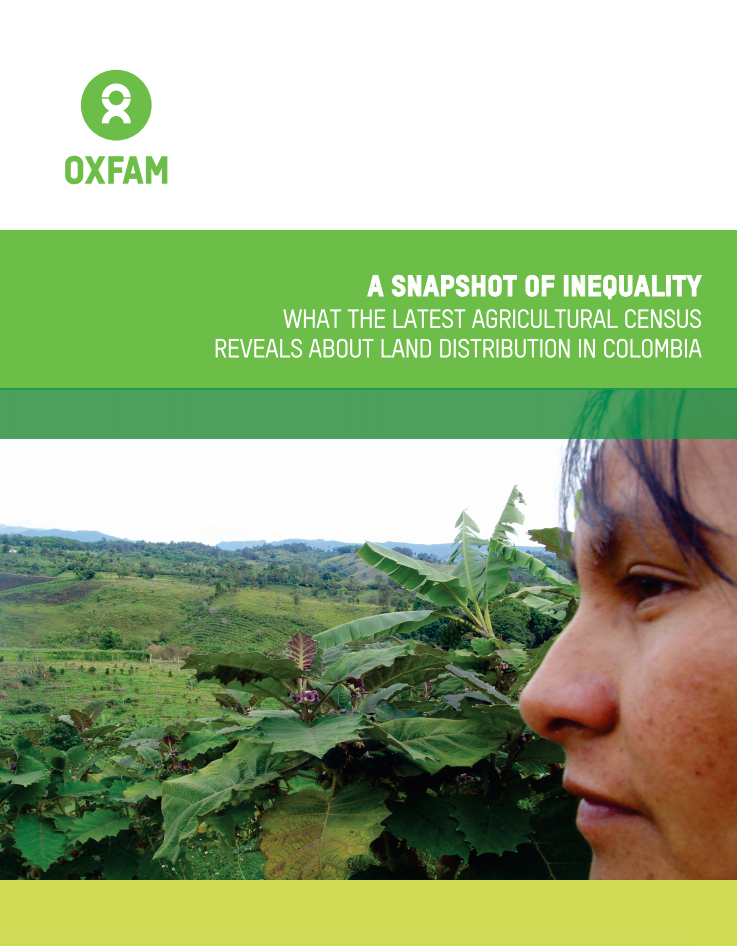Integrating Dendrochronology, Climate and Satellite Remote Sensing to Better Understand Savanna Landscape Dynamics in the Okavango Delta, Botswana
This research examines the integration and potential uses of linkages between climate dynamics, savanna vegetation and landscape level processes within a highly vulnerable region, both in terms of climate variability and social systems. We explore the combined applications of two time-series methodologies: (1) climate signals detected in tree ring growth, from published literature, chronologies from the International Tree-Ring Data Bank, and minimal preliminary field data; and (2) new primary production (NPP) data of vegetation cover over time derived from remotely sensed analyses.










